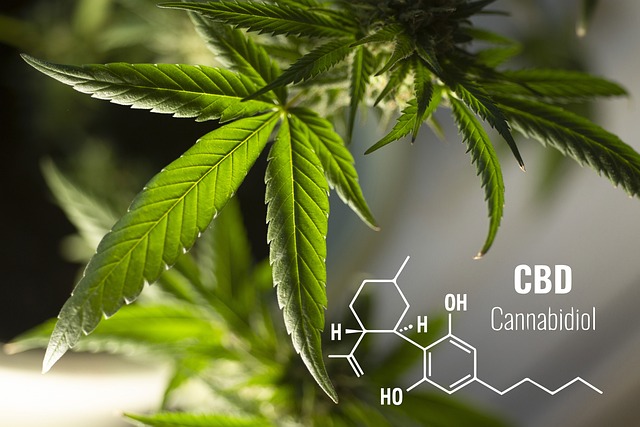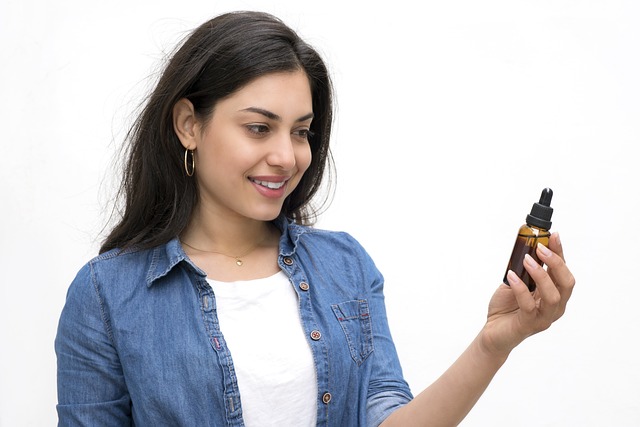As the popularity of cannabidiol (CBD) continues to grow and its use in health and wellness becomes increasingly mainstream, it is vital to address the misconceptions and myths surrounding this natural compound. Despite the wealth of research and testimonials supporting the benefits of CBD, misinformation remains widespread, preventing many from experiencing the various health and wellness advantages offered by CBD products.

Based in Miramar, Florida, Sun State Hemp stands at the forefront of the CBD industry, manufacturing and distributing top-of-the-line CBD products for wholesale and retail customers. Our commitment to quality, purity, and innovation ensures that our customers receive exceptional CBD products backed by extensive research and expert knowledge.
In this guide, we will tackle five common myths and misconceptions about CBD, with the intent of providing accurate, transparent information to debunk these falsehoods. By addressing the truth behind these misunderstandings, we aim to empower individuals to make informed decisions about incorporating CBD into their health and wellness routines and capitalize on its potential benefits. Armed with the facts, you can confidently explore the world of CBD and discover the impact it could have on your overall well-being.
1. Myth: CBD Will Get You “High”
One of the most pervasive misconceptions about CBD is that it produces a psychoactive “high” like marijuana. The truth, however, is that CBD does not possess the mind-altering properties associated with its close relative, delta-9-tetrahydrocannabinol (THC), the primary psychoactive compound found in cannabis.
Both CBD and THC interact with the body’s endocannabinoid system (ECS), but they have distinct effects due to their differing binding affinities for ECS receptors. Unlike THC, which directly binds to the CB1 receptor and triggers the infamous “high,” CBD exhibits a weaker affinity for these receptors, resulting in no intoxicating effects.
2. Myth: CBD Is a “Miracle Cure” for All Ailments
While CBD boasts a wide range of potential wellness applications – from pain and stress management to supporting our bodies in fighting inflammation and enhancing sleep quality – it is crucial to recognize that it is not a “miracle cure” for all ailments. CBD is not a one-size-fits-all panacea, and the extent of its benefits varies among individuals based on factors such as genetics, metabolism, and individual biochemistry.
It is essential to approach CBD with realistic expectations and understand that while it may offer significant relief and benefits for some individuals, it may not work the same for everyone. Consulting with a healthcare professional and conducting thorough research on the appropriate dosages, formulations, and methods of consumption can help you better tailor your CBD use to your unique needs and goals.
3. Myth: All CBD Products Are Created Equal
With the rapid growth of the CBD industry, there is a vast array of products available on the market, ranging from oils and tinctures to edibles, topicals, and vapes. However, not all CBD products are created equal, and their quality and effectiveness can vary greatly depending on factors such as the extraction method, source of hemp, and manufacturing processes.
When it comes to choosing a CBD product, it is crucial to prioritize quality and opt for products from reputable companies like Sun State Hemp that adhere to strict manufacturing standards, utilize high-quality hemp, and provide third-party lab test results confirming the product’s purity, potency, and lack of contaminants. By selecting premium CBD products, you can maximize the potential benefits and ensure the safe and effective inclusion of CBD in your wellness routine.
4. Myth: CBD Is Illegal in the United States
The legal landscape surrounding CBD can be confusing, leading many to believe that CBD is illegal in the United States. The reality, however, is that CBD’s legality largely depends on its source. Under the 2018 Farm Bill, hemp-derived CBD with no more than 0.3% THC became legal at the federal level, allowing for the cultivation, processing, and sale of hemp and hemp-derived products.
It is important to note that some states maintain their own regulations regarding CBD, so it is vital to familiarize yourself with local laws and regulations before purchasing and using CBD products. When sourcing CBD, ensuring the products are derived from legally compliant hemp and contain no more than 0.3% THC will help you navigate the complex legal landscape surrounding CBD.
Final Thoughts: The Power of Educated CBD Use
Dispelling the myths and misconceptions surrounding CBD is crucial for promoting increased awareness and understanding of this promising compound. As the body of scientific research continues to evolve and support the potential therapeutic benefits of CBD, it is essential that we separate fact from fiction and facilitate informed decisions about incorporating CBD into health and wellness routines.
By debunking these common myths and educating yourself on the truth about CBD, its potential benefits, and the factors influencing its quality and effectiveness, you can feel confident in your choices and make the most of what CBD has to offer in supporting a balanced, healthy lifestyle.
Discover the potential benefits of CBD with Sun State Hemp’s premium range of affordable CBD products, crafted to meet the highest quality standards. Shop now to experience the transformative power of CBD and expert guidance every step of the way!

